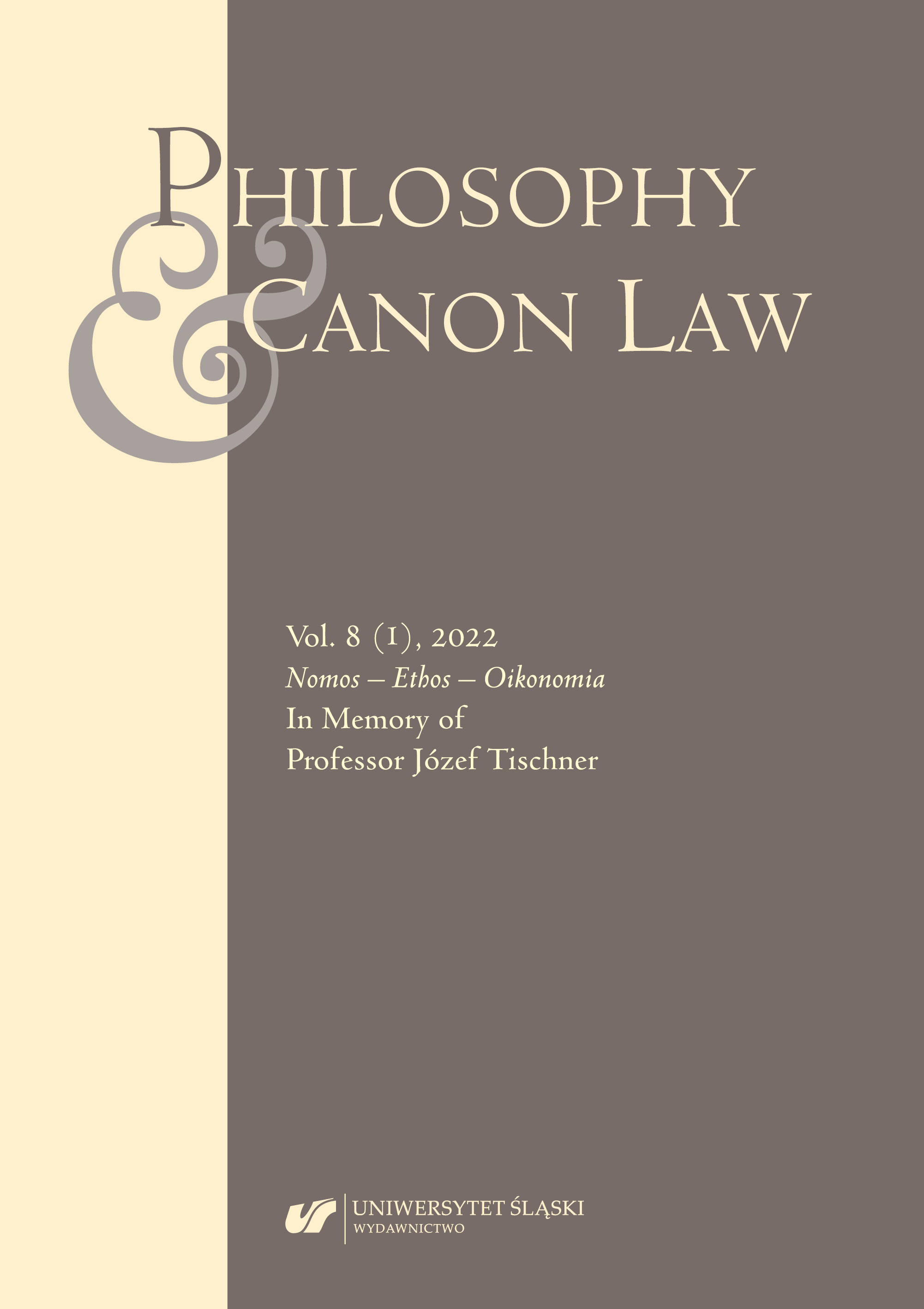Ethics and Solidarity as Hope in the Philosophy of Józef Tischner
Ethics and Solidarity as Hope in the Philosophy of Józef Tischner
Author(s): Pavol DancákSubject(s): Christian Theology and Religion, Anthropology, Philosophy, Political Philosophy, Social Philosophy, Public Administration, Philosophy of Middle Ages, Contemporary Philosophy, Labor relations, Government/Political systems, Social Theory, Crowd Psychology: Mass phenomena and political interactions, Systematic Theology, Canon Law / Church Law, Ontology, Identity of Collectives, Peace and Conflict Studies, Labour and Social Security Law
Published by: Wydawnictwo Uniwersytetu Śląskiego
Keywords: solidarity; hope; human; dialogue; community
Summary/Abstract: In this paper, the concept of solidarity will be introduced as voluntary cohesion, mutual help and support not only within a loose group, but, above all, within the whole human race. Tischner wants to help contemporary man because he is aware that contemporary man has entered a period of profound crisis of his hope. The reflection on solidarity and hope in the philosophy of Tischner represents a neuralgic point which has its justification in Christian thought. Hope is the prospect of something better which, together with mutual support, removes both fear and isolation, and brings about the development of both the individual and the community. The deepest solidarity is solidarity of conscience. The community of solidarity differs from many other communities precisely because it is “for him” that is fundamental. It is only on this foundation that the community of “we” grows.
Journal: Philosophy and Canon Law
- Issue Year: 1/2022
- Issue No: 8
- Page Range: 1-13
- Page Count: 13
- Language: English

